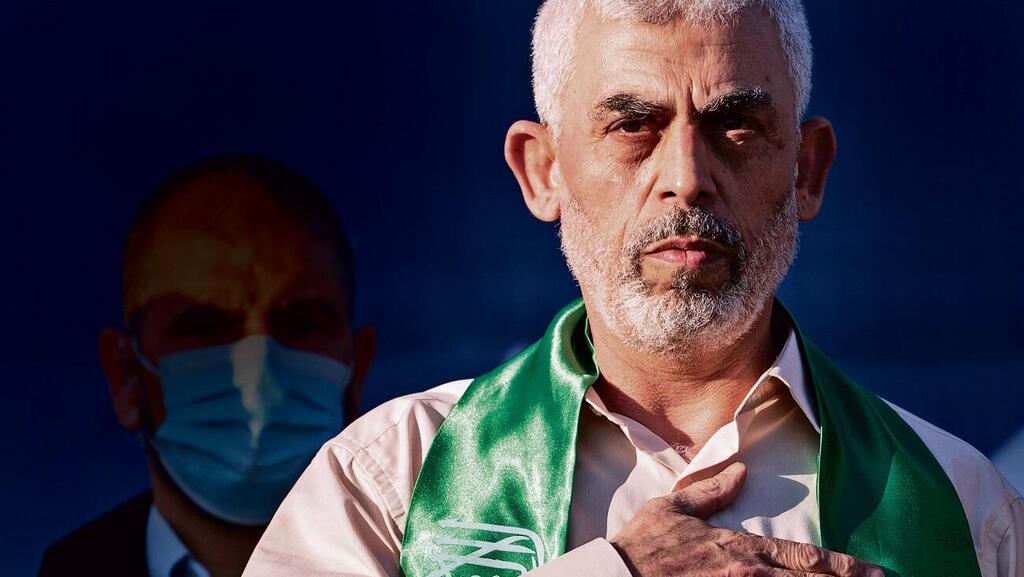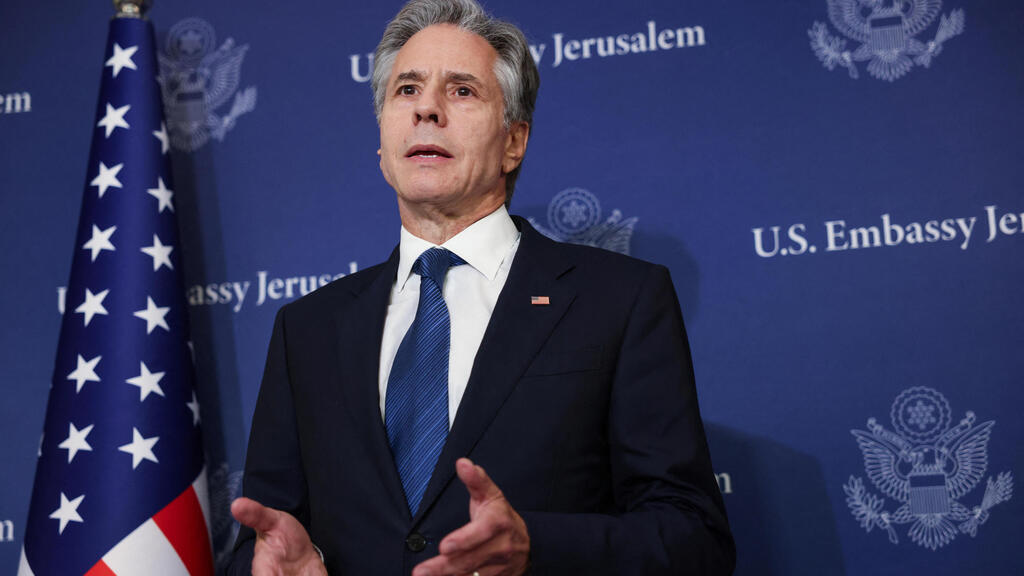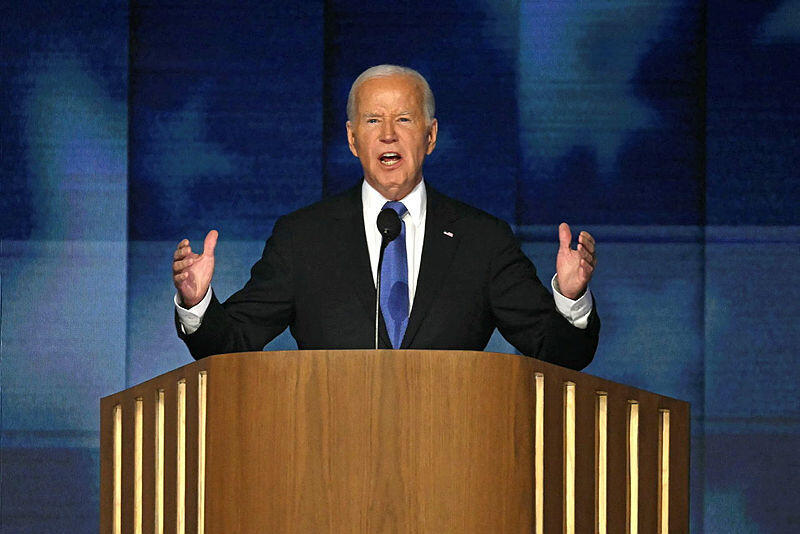In his ninth visit to Israel, U.S. Secretary of State Antony Blinken leaves little doubt that the primary, if not sole, objective of the United States right now is securing a cease-fire in Gaza and the release of hostages.
Blinken is well aware that a retaliatory strike by Iran and Hezbollah against Israel would likely sabotage any chance of reaching such an agreement. As a result, he is calling on all parties to exercise restraint and is working to calm tensions in the region.
However, this approach could lead to the exact opposite outcome of what the Americans, and many Israelis, hope for, potentially erasing any chance of reaching a deal.
At a press conference held Monday night, Blinken updated that Prime Minister Benjamin Netanyahu had accepted the American mediation proposal, saying that the ball is now in Hamas' court. The pressing question is whether Hamas is even interested in a deal or if further escalation between Israel and Iran better serves its interests.
This dilemma stems from Hamas leader Yahya Sinwar’s understanding that he cannot achieve his minimum demands in negotiations: a permanent cease-fire and the withdrawal of all IDF forces from Gaza, including from the Philadelphi Corridor. Without such concessions, Sinwar is unlikely to give up the "assets" in his possession (the hostages) for a deal that would allow Israel to restart the war in the future and block the flow of weapons through the corridor.
From his perspective, what could shift the balance of power is a war between Iran, Hezbollah and Israel—a conflict that could destabilize the entire region, and possibly the world. In such a war, the IDF would be forced to divert significant forces away from Gaza to address other threats, greatly increasing the pressure on Israel to reach a deal, both domestically and internationally.
It’s important to note that both the Iranian mullah regime and Hezbollah Secretary-General Hassan Nasrallah have repeatedly said they would be willing to agree to a cease-fire if Sinwar does. This stance gives the Hamas leader enormous leverage to stay away from the negotiating table and reject any Israeli offer. Thus, the regional war that Sinwar so desires becomes almost inevitable.
If that is the case, there is only one way to escape this trap that Sinwar has set: The United States, having deployed massive naval and air forces to the region, must unequivocally declare its readiness to exact a heavy price from Iran should it or its proxies dare to attack Israel.
Iran, which so far has not paid even the smallest price for its ongoing and monstrous aggression in the Middle East, must be convinced that there is no chance of attacking Israel without bringing a severe economic and strategic disaster upon itself. The mullahs must understand that the very existence of the Iranian regime and the fate of its leaders are at stake.
Only this way can Sinwar be made to realize that he has no military backing from Iran or Hezbollah and that he will be left to his own devices, in a tunnel somewhere underground. Only then will he be willing to agree to a limited cease-fire, allowing Israel the opportunity to prevent Hamas from rearming and reorganizing through the Philadelphi Corridor. Only then will he be ready to release a significant number of hostages and agree to a cease-fire that would bring much-needed relief to the residents of northern Israel.
It is hard to believe that this scenario will materialize during the U.S. presidential race, especially with the Democratic National Convention taking place these days. It’s clear that most Democratic supporters, and even many of its leaders, would strongly oppose such a move.
But the current president, Joe Biden, as the commander-in-chief of the U.S. Armed Forces, could decide otherwise. He has the power to act in a way that would leave him a legacy, recording him in the annals of history as a courageous leader who not only brokered a hostage deal but also put an end to Iranian aggression throughout the Middle East and the world. By declaring his willingness to go to war, Biden could be remembered as a hero of peace.





